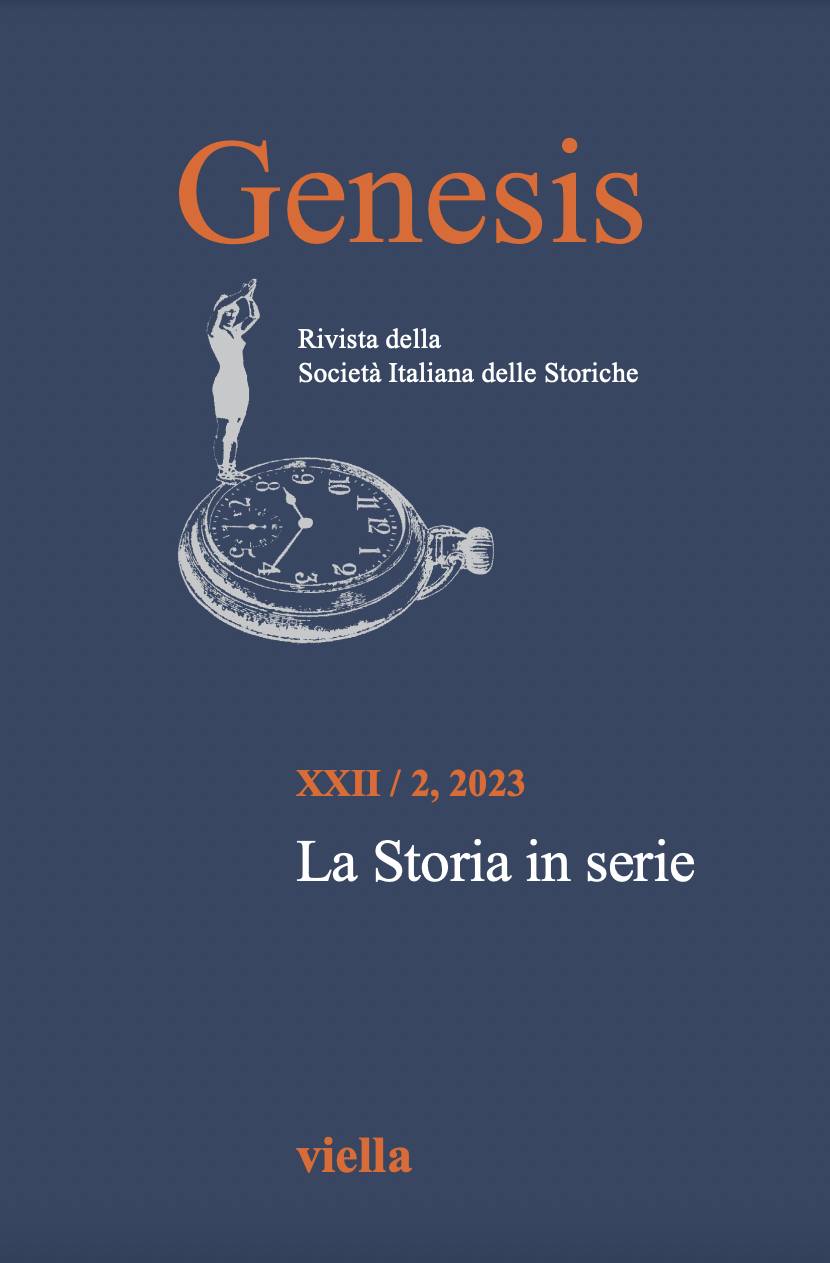Corsi di formazione insegnanti, Formazione e didattica
La violenza di genere: teorie e pratiche fra passato e presente
Corso di formazione online | 8 ottobre – 12 novembre 2024
Leggi tuttoLa Società Italiana delle Storiche, nata nel 1989 dal movimento delle donne, si propone di valorizzare la soggettività femminile e la presenza delle donne nella storia; di rinnovare la ricerca e l’insegnamento; di promuovere la divulgazione del patrimonio scientifico e culturale prodotto dalle storiche; di modificare l’attuale trasmissione dei saperi contribuendo alla costruzione di una cultura che intrecci parità e differenza.
A tali fini la SIS, come da Statuto, valorizza il lavoro delle storiche, promuove e divulga la storia delle donne e di genere raccogliendo fonti, svolgendo ricerche, pubblicando studi, partecipando al dibattito pubblico, organizzando congressi, convegni, seminari, corsi e scuole di formazione universitaria e post-universitaria, con particolare attenzione alle giovani generazioni, alle/agli insegnanti e al mondo della scuola.

Corsi di formazione insegnanti, Formazione e didattica
Corso di formazione online | 8 ottobre – 12 novembre 2024
Leggi tutto
Formazione e didattica, Progetti formativi
Concorso per scuole di ogni ordine e grado | Scadenza del bando: 31 gennaio 2025
Leggi tutto
Evento online https://www.youtube.com/watch?v=qr9AW6PvB_k | 23 aprile 2024, ore 18.00
Leggi tutto
Genesis. Rivista della SIS, Pubblicazioni
Genesis 2023, XXII/2 – La Storia in serie, a cura di Teresa Bertilotti e Monica Martinat
Leggi tutto
Scuola Estiva, Scuola estiva 2024
Programma della Scuola estiva SIS 2024 (28 agosto – 1° settembre) | Iscrizioni dal 1° marzo al 10 luglio p.v.
Leggi tutto
Pubblichiamo il bando del premio destinato a tesi di laurea e a tesi di dottorato dedicate a tematiche inerenti gli studi di genere | Scadenza 30.04.24
Leggi tuttoDocumento della SIS relativo alle strategie di contrasto alla violenza e alle discriminazioni di genere
Leggi tutto
Programma, calendario e sedi del IX Congresso della SIS | Palermo, 19-22 giugno 2024
Leggi tutto